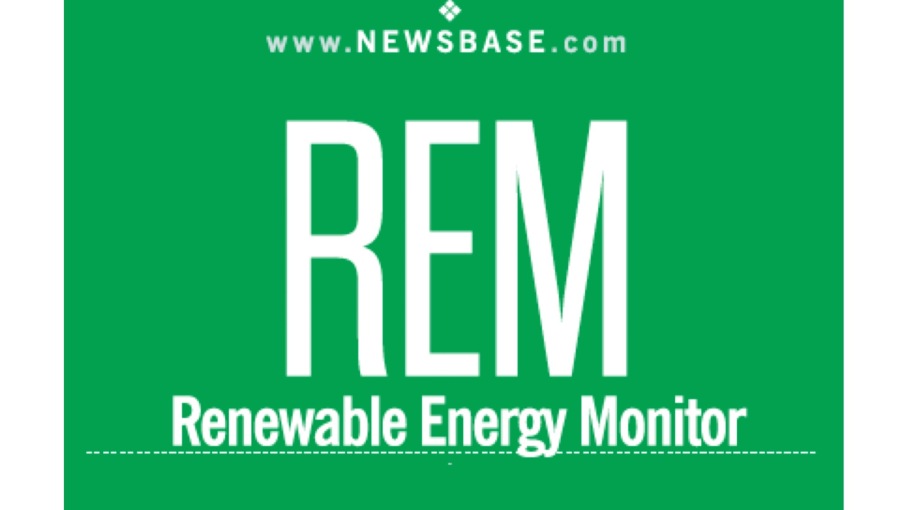REM: 50Hertz, Elering to build offshore wind power cable between Estonia and Germany

50Hertz, the transmission operator for northern and eastern Germany, and Elering of Estonia have agreed to build a joint hybrid submarine cable project – Baltic WindConnector – in the Baltic Sea between Estonia and Germany.
This is against the background of Germany and three Baltic nations – Estonia, Latvia and Lithuania – seeking to strengthen ties in the face of Russia’s war in Ukraine.
The agreement for a 750-km subsea cable was signed at the Baltic Offshore Wind Forum in Berlin.
At the forum, German Foreign Minister Annalena Baerbock had commented on reliance upon Russian natural gas. “Germany was too dependent on Russian energy for too long,” she said. “For every cubic metre of cheap gas we paid with our security twice, three times over.”
"The Baltic Sea still offers a lot of potential for the expansion of offshore wind energy and therefore for cross-border projects to develop this potential as efficiently as possible via hybrid interconnectors or energy islands,” said Stefan Kapferer, CEO of 50Hertz. “Co-operation with the Baltic states and their stronger connection to the continental European electricity system is important for a climate-neutral Europe and also of great significance in terms of security policy. The Baltic WindConnector should be a first important step on this path.”
"Estonia has significantly more resources for the development of offshore wind farms than is needed to ensure our own security of supply,” said Taavi Veskimägi, chairman of the board of Elering, also a transmission operator. “The [analysis] will show us whether the electricity connection with Germany, as a large consumption centre, will allow us to increase the export potential here without spending the Estonian consumer's money.”
Danish Foreign Minister Lars Løkke Rasmussen, who also attended the forum, added: “Russia’s brutal and also unlawful war in Ukraine has led to a new security situation. It is now more clear than ever that energy policy is security policy. We need to replace Russian gas with European green energy, not least through co-operation with trusted partners.”
The Baltic WindConnector will allow Germany and Estonia as well as central Europe to benefit from an increase in security of supply of energy. At the same time, Estonia has the chance to become an exporter of green electricity for the European electricity market, said 50Hertz.
Upping the ante for renewed energy security is that new revelations about the Nord Stream gas pipelines, knocked offline by intentional underwater blasts in September, now put Russian vessels capable of carrying out underwater operations nearby shortly beforehand. The pipelines carried Russian gas to Germany.


Follow us online